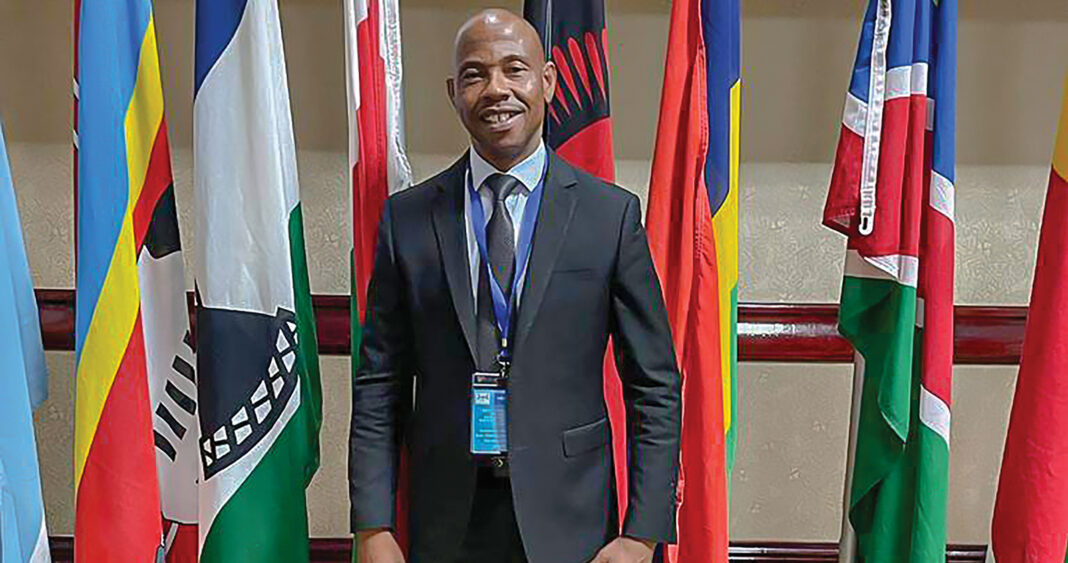Parliamentary committees are investigating how a contractor received M35 million without delivering the agreed work at the Ha Belo Industrial Estate in Botha Bothe.
A joint site visit by the Public Accounts, Natural Resources, and Economic Cluster committees yesterday was prompted by delays in electricity installations and mounting concerns over the contractor’s performance.
According to Economic and Development Cluster chairperson, Sello Hakane, the contractor, PHAKS JV, “is always present on site yet not doing any job.”
The Ha Belo industrial complex was launched to boost Lesotho’s industrial capacity. As part of the World Bank–funded Lesotho Renewable Energy and Energy Access Project (LREEAP), the Lesotho Electricity Company (LEC) was tasked with constructing a 60 km, 33 kV transmission line from Hlotse to Ha Belo, along with a 2 x 10 MVA substation. The project received M86 million in World Bank financing.
Hakane said that while the factory shells are complete and the water supply is nearing completion, the project’s major stumbling block remains electricity.
“There was a misunderstanding between the contractor and the Ministry of Energy,” he told theReporter in an interview.
“The ministry ordered a six-month halt, after which the contractor first claimed M12 million, then M14 million – and now he is threatening to claim an additional M9 million or more,” Hakane noted.
The committees, alarmed by the escalating claims, vowed to investigate the situation thoroughly.
“We will meet with the ministry to determine whether the stoppage is due to genuine complications or if there’s fraudulent activity involved,” Hakane stressed.
In a related development, LREEAP, which in 2022 initiated a campaign to introduce both grid and mini-grid electricity in rural and industrial areas (including Ha Belo and Ha Tikoe), confirmed progress on other fronts. LREEAP coordinator, ‘Mathapelo Keke Silase told this publication in 2023 that the substation has been completed and that electricity poles have been erected.
“The Ha Belo industrial estate will have electricity in February 2024,” Silase claimed.
Public relations officer of the Ministry of Energy, Moselinyane Tau, said delays in electricity installation are linked to Unik Construction Engineering (PTY) Ltd’s failure to meet deadlines.
“A substation must be completed before the power lines can be connected. Even though the electricity poles are in place along the main road, the industrial site still lacks water and proper road access,” he explained.
Tau noted that while the community stands to benefit significantly once the estate is operational, simply having electricity does not guarantee the estate’s functionality.
According to the Lesotho National Development Corporation, the fully completed estate will include 51 factory shells capable of employing over 40,000 people. Initially, it is expected to generate 14,250 permanent jobs – with an additional 3,000 non-permanent positions – thanks to the accompanying infrastructure such as roads, water, sewage, and telecommunications.
With the Director of Corporate Enterprise and Organisation (DCEO) currently investigating, the committees have made it clear that they will not let the matter “lie down” until all discrepancies are fully explained.
The World Bank, while taking the allegations seriously, reiterated that the government of Lesotho is ultimately responsible for the project’s implementation through its Ministry of Energy.
Further inquiries and meetings are expected in the coming days as the investigation unfolds.









